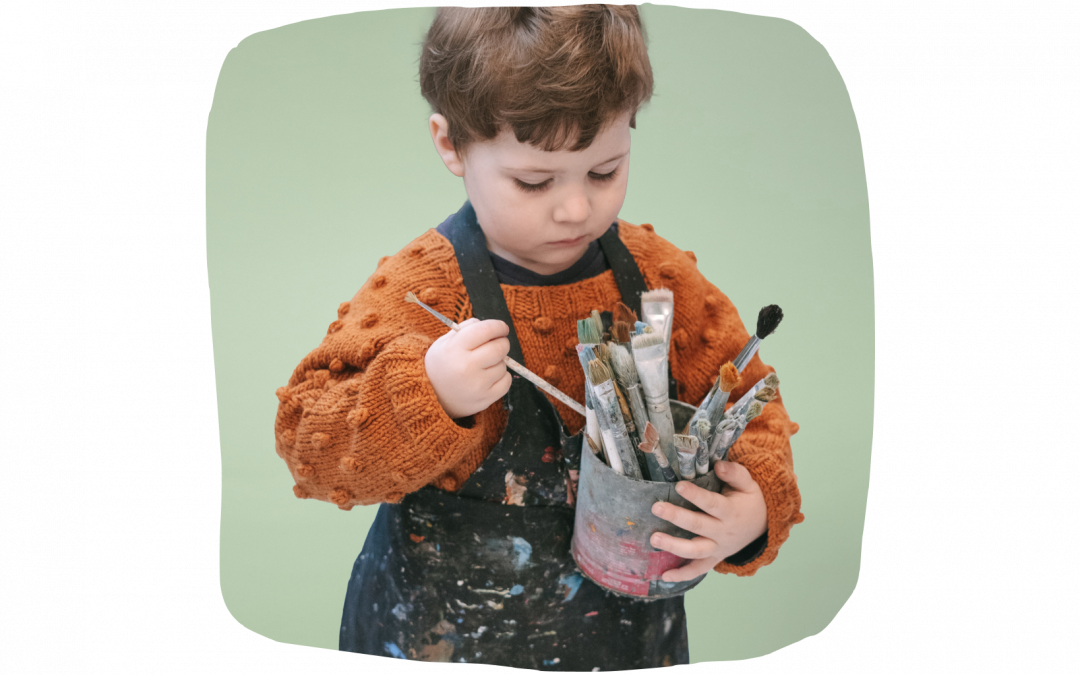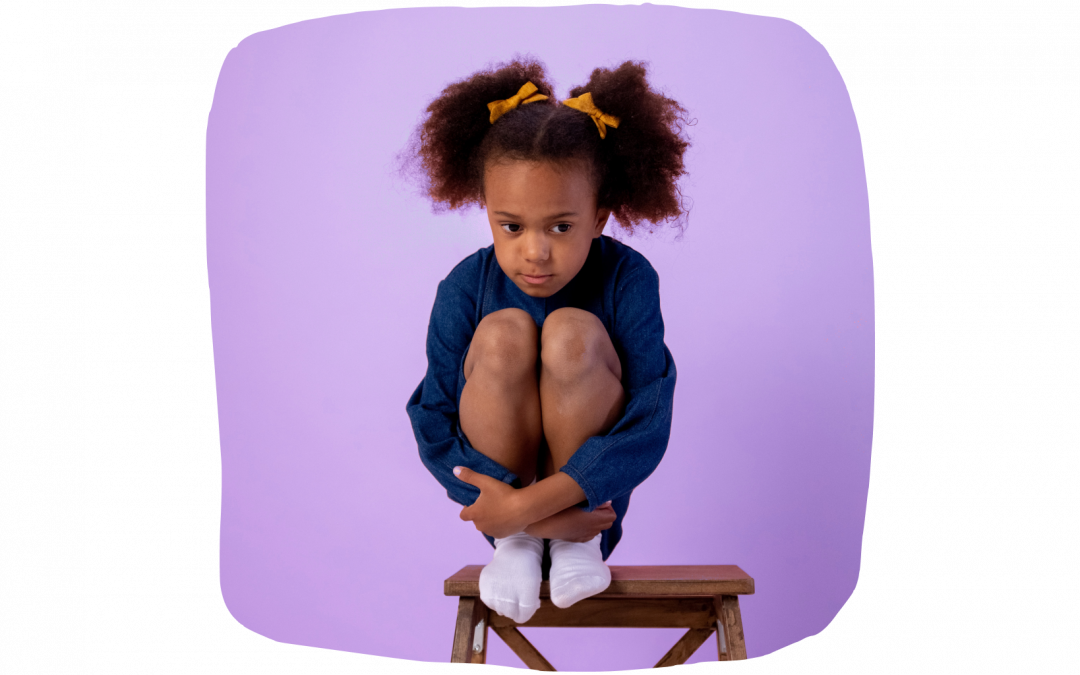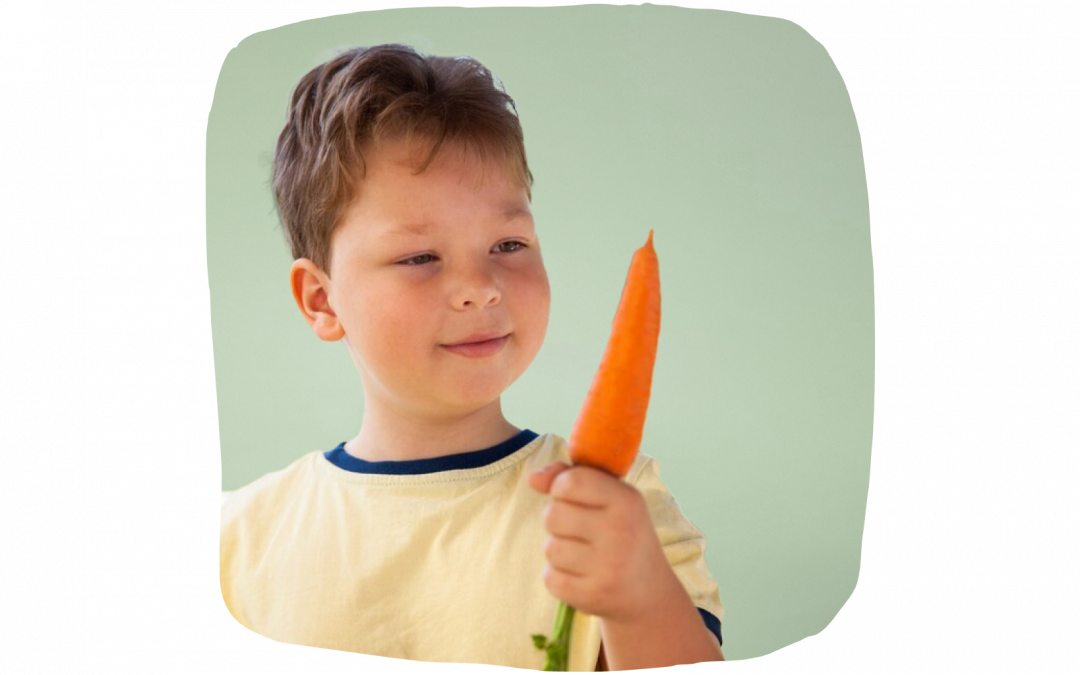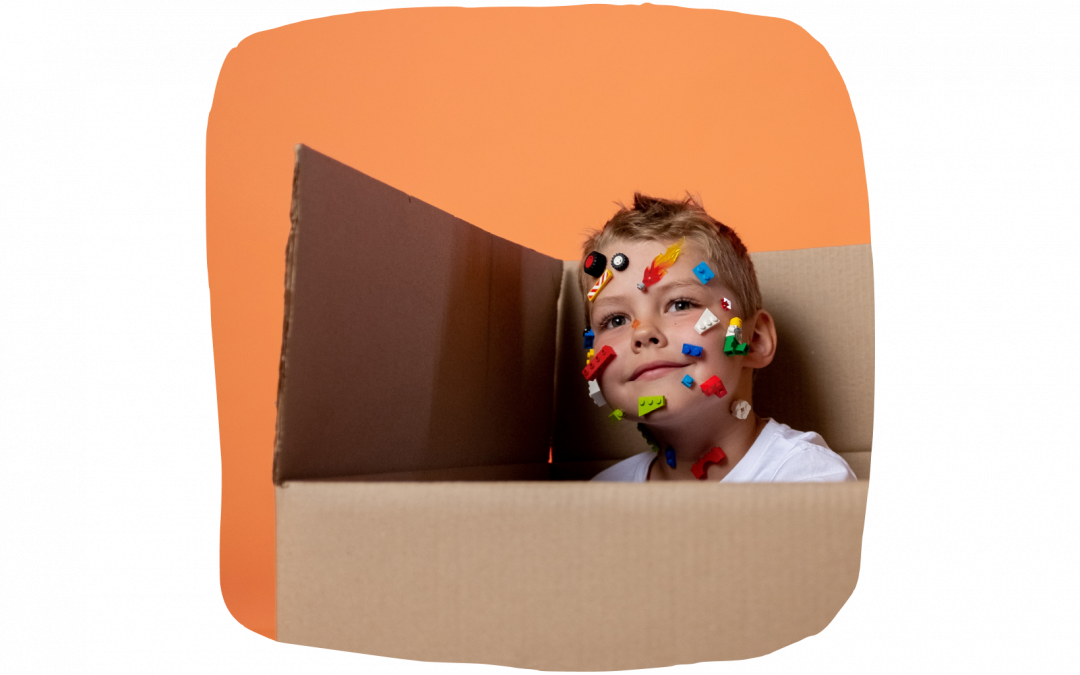Empathy is more than just feeling your child’s pain or seeing things from their perspective; it means you’re able to understand their experience, reflect it back to them in a way they’ll understand, and provide support. You don’t always have to agree with or excuse their behavior—but being empathetic will help you communicate better overall and give you deeper insight into your child’s feelings. Here are some ways you can teach your kids the value of empathy:
Give empathy in return.
Empathy is a two-way street; if you want kids to learn how to show compassion for others, then they’ll need some help from you as well. Also, don’t confuse sympathy with empathy. Sympathy makes them feel better but doesn’t give them any tools for dealing with future problems; on the other hand, when we show our children true concern by displaying authentic interest in their experiences rather than just assuming we already know more about what they’re going through than they do themselves (which usually isn’t true anyway), we encourage self-awareness and an ability to communicate effectively when there are conflicts later down the road—which will result in fewer negative outcomes overall.
Listen for understanding.
When you listen to kids with empathy, you do not merely pay attention to what they are saying. Instead, you reflect back on their feelings and emotions. You may also find that you have empathy for them even if they don’t feel particularly good about themselves or their situation at the moment.
When listening with empathy, it helps to focus on understanding rather than agreeing or disagreeing with the content of what someone says. This means that even if someone is making demands or criticising others (which may seem unreasonable), try not to get caught up in defending yourself or others involved—just listen for understanding!
Reflect their feelings.
You might be able to recognise an underlying message in what kids when they are angry or upset—for example, “It’s not fair!” could mean “I deserve better.” You can identify this kind of deeper meaning by asking yourself questions like: What is being said? What feeling am I hearing behind the words? Is there something else going on here? Acknowledge that you have heard their feelings by reflecting them
- repeating what they said (e.g., “It sounds like you’re feeling angry”)
- summarising what they said (e.g., “It seems like your main concern is that we aren’t getting along”)
- asking questions, such as “How are you feeling about this?” or “What’s going on for you?”
Ask your kids how they think the other person is feeling.
You can also ask your kids to tell you how they think the other person is feeling. The goal here is to get them to empathise with the person behind the words and actions.
If they are older, you can ask them how they would feel if someone said something hurtful or offensive to them. This will help them develop their ability to put themselves in another person’s shoes and understand how that makes that person feel. You can then ask them how they think those feelings might affect their behaviour towards others in the future if someone else treated them like that again. They might say things like “I would be angry and want revenge” or “I would avoid talking to anyone who treated me badly”.
It’s important for kids not only to understand other people’s feelings but also know how they themselves should react when faced with conflict situations involving other people’s bad behaviour or inappropriate comments made towards themselves personally – so it’s good practice before asking this question too early on when teaching empathy skills!
There are many reasons why it’s important to learn empathy. For one, empathy is a skill that helps us communicate better with others. It also allows us to understand where other people are coming from and what they’re experiencing—which can help us be more considerate and compassionate.
Don’t take it personally.
When you’re dealing with kids, it’s easy to feel like they’re the problem and you’re not. But remember they have their own problems and challenges, which may be influencing how they behave toward you. So don’t take it personally! Don’t get defensive, angry or depressed. Don’t get anxious or frustrated or sad. Don’t get embarrassed or annoyed either—just let things roll off your back!
So, there you have it—just a few small tips that can lead to big changes in how your kids communicate with you and the others. By going out of your way to understand the feelings of your kids and being honest about what you don’t know or don’t understand, you’re giving them the space they need to share their feelings and be understood by you. And once their feelings are on the table, it becomes easier for them to hear yours as well. In fact, empathy is one of the key elements in positive relationships; having an empathetic friend who can relate to your struggles feels like a breath of fresh air after years spent feeling alone. That empathy is also contagious—the more you practice cultivating empathy for your kids, the more likely it is that they will do the same for you.







0 Comments